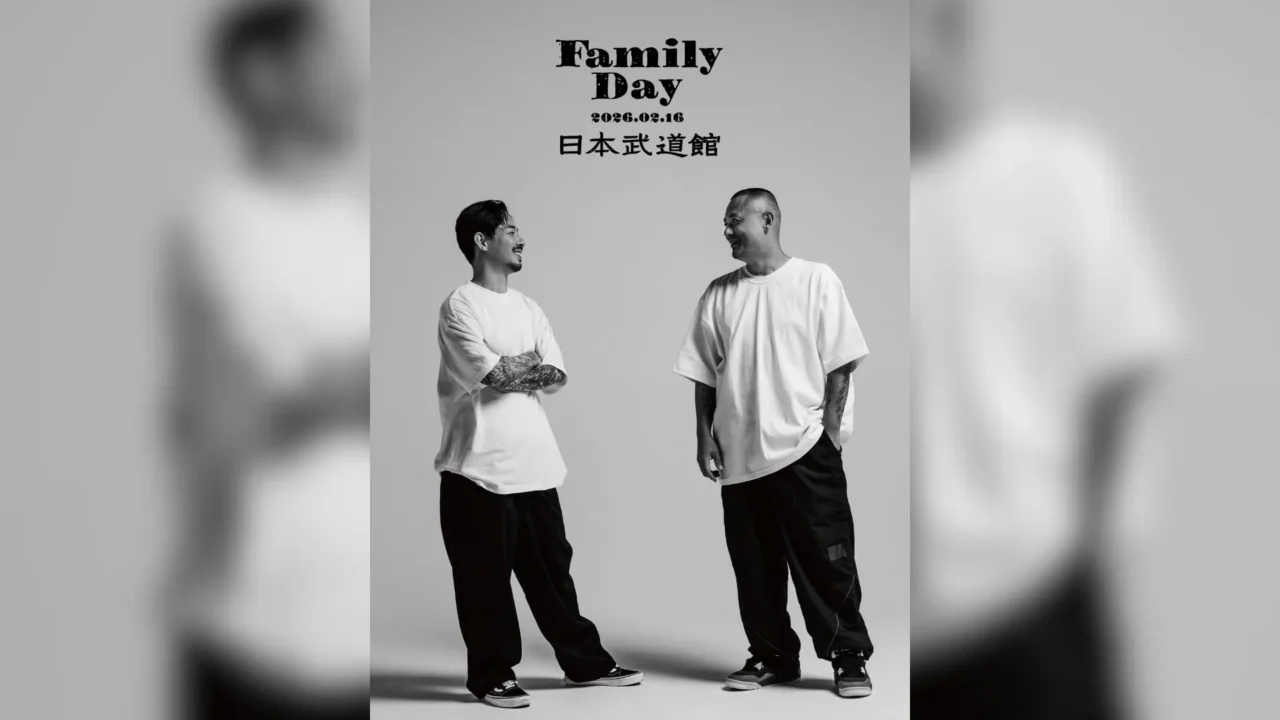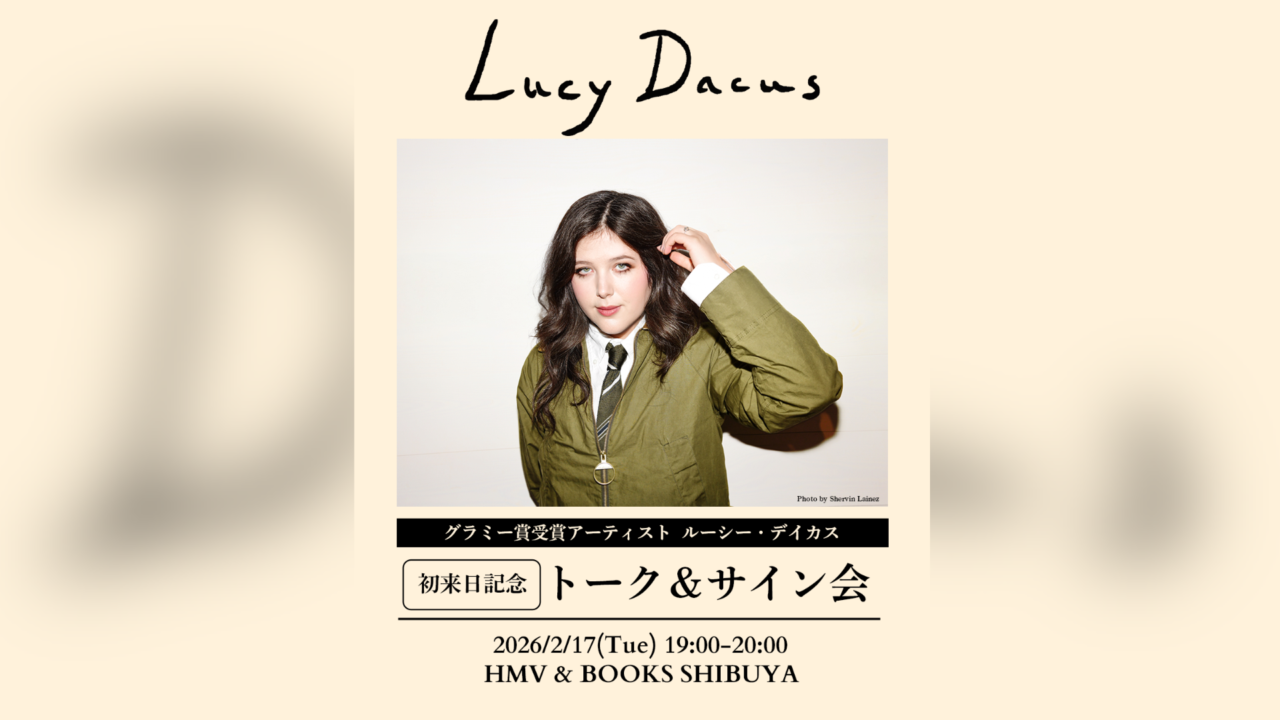INDEX
Moving to New York was a nightmare. But He earned recognition from Phillip Lim and Thom Browne
– Initially, you self-learned and that led you to this position to overview the New York’s fashion scene. However, I heard you couldn’t get a visa through a company you were supposed to work for when you first came to New York.
Oomaru: After learning dressmaking skills on my own, I entered Bunka Fashion College, and after graduation I worked as a patterner for six years for a Japanese maison brand that also participated in the Paris Collection. After leaving that company, I was working freelance when I was headhunted by a luxury brand in New York, and that is how I ended up in New York. However, due to the 9/11 terrorist attacks, I was denied a visa and had to move out of my house in Tokyo, so I had no choice but to move into an apartment in Brooklyn shared by three Asians, and that was my starting point in New York.

Oomaru: At the time, I didn’t know anyone and didn’t speak English. One of them told me, “A girl I know who just graduated from fashion school wants you to make her clothes.” I decided to give it a try because I had some free time, so I bought a $99 sewing machine and a ruler at a supermarket called K-Mart and made some clothes for her. I bought a $99 sewing machine and a ruler at a supermarket called Kmart and made some clothes and gave them to him. He was surprised at the quality of the clothes and asked me to make him another dress, and then he introduced me to someone else, and so the chain of events began. I am still working with many of the people I met at that time. This chain of events has only continued for 15 years, and thankfully I have never gone into business for myself.
– That sounds like a movie story. What was the communication like with them?
Oomaru: Sometimes I would make them exactly as they wanted, but as I got used to it, I would often tell them, “That’s not business because you can’t wear that normally. Haute couture is fine, but if you don’t make something that can be sold on a different axis, you won’t have a business. Some of our clients are like making outfits for Lady Gaga, “Who would wear that?” Some of our clients are apparel brands that make outfits for Lady Gaga. But if that’s the case, I sometimes advise them to turn their focus in that direction, and not to do things halfway.

Oomaru: After all, it’s not ready-to-wear clothes if you can’t wear it normally. Clothes for the Met Gala or a special ceremony for a politician should be made so that the person can shine on the spot, but if they are mass-produced and sold, they must look cool for each customer who buys them. We are also an organization, so if they don’t sell, we won’t be able to sustain ourselves. I think it is my role to help them sell quickly.
– That was how you built your connection and earned trust in the industry. You still seem to have been very busy.
Oomaru: Yes, I am.This is probably the busiest time in my life. Corona has settled down, the industry is full of motivation, and I have many requests. We are also looking for new colleagues, so if you are interested, please contact us.
























